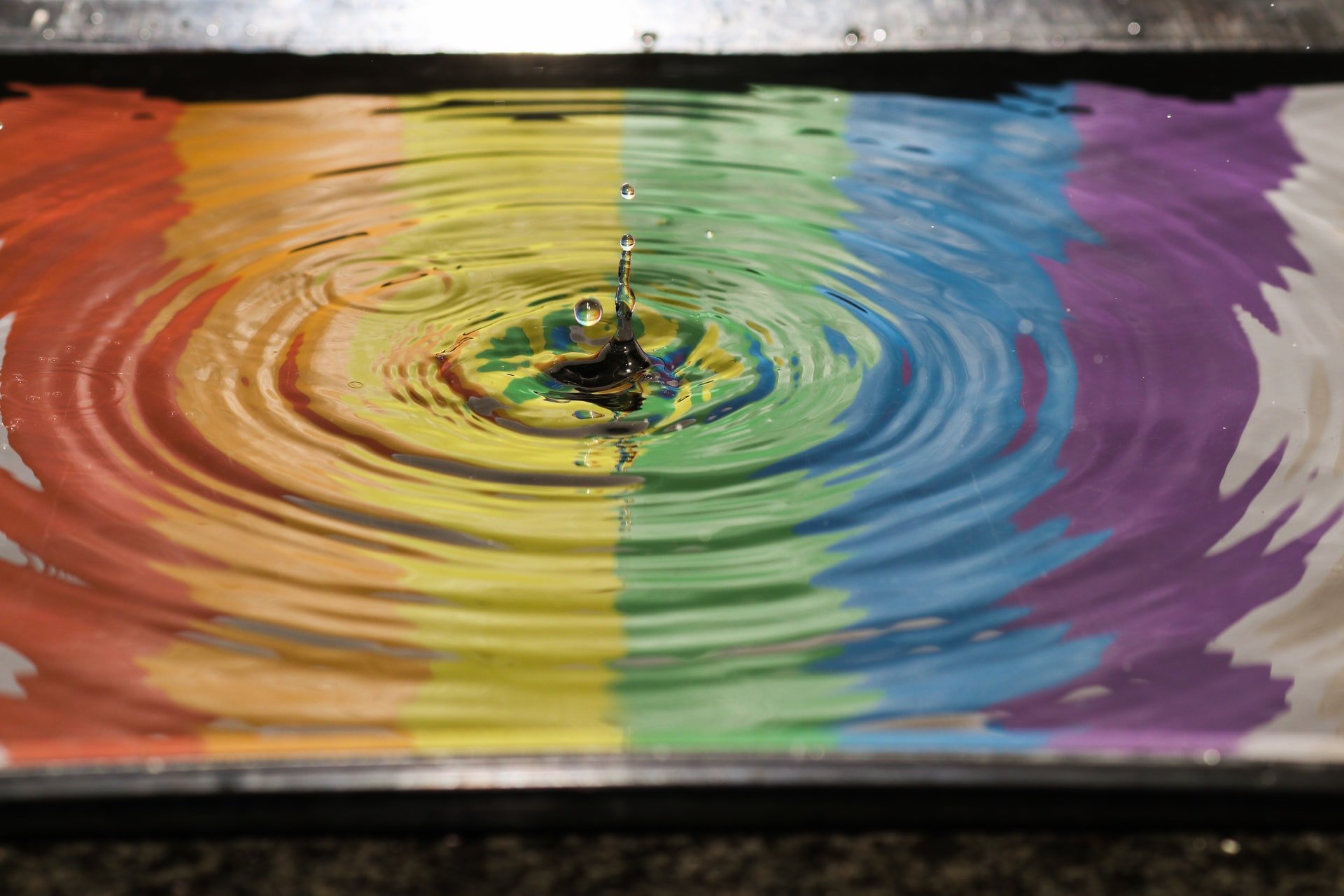
How to get out of an abusive queer relationship: part 2
As terrible as Intimate Partner Violence (IPV) is, there are unique challenges the LGBQ+ community experiences in these situations. The mutual fight myth and the hyper-sexualisation of bisexual people are some examples.
The ‘mutual fight myth’ is one of the more damaging ideas in IPV. It makes violence appear mutual, particularly in same-sex couples because people think their strength is comparable. This idea makes it difficult for IPV victims to find help and minimises the severity of this type of violence.
The good news is, it is being disproved by considering the motivations of partners who fight back. Research has shown that most victims who fight back do so in self-defence, but the bad news is this does not help to clearly differentiate between survivor and perpetrator in same-sex couples.
In the case of hyper-sexualisation, it is common knowledge that the ‘B’ in LGBQ+ is a highly marginalised group. They are doubly discriminated against by the queer community and straight people for not ‘truly belonging’ to either group. This leaves them at a higher risk of physical and sexual IPV.
Related:
A paper published in 2017 argues that the factors that increase their risk include the cultural stereotypes that portray bisexual people as always sexually available, and the fallacy that they are untrustworthy. These bi-phobic attitudes make them a target for ‘justified’ abuse.
We talked to two people that experienced both these things.
Girls will not be girls…
I can’t remember how it started or when it became a regular thing. One moment we were deeply in love and not even a cross word had passed between us, then the next we were both bruised from months of physical disagreements. I hated it and it made me so depressed that I had hurt her at all…let alone multiple times. In the beginning, I would just take it and take it but the more violent it got the more I couldn’t remain passive. Every time I had to defend myself it doubled my resentment. Was I part of it now? An abuser?
It didn’t help that my support system thought we were beating on each other. Mbona mnachapana? Mtachoka tu! When people see same-sex couples in conflict, they automatically assume it’s a level playing field… even amongst us there is ignorance. Somehow the relationship aspect is diminished, and all people see are two girls fighting and giving as good as they’re getting.
But someone helped me come to the realisation that it’s not an equal fight just because we are both women. Once I stopped viewing myself as a willing participant, I saw that I’d bypassed an important step: I should have called out the situation for what it was before things got murky. Either way, having this clarity within myself and with my partner made it easier to articulate why we had to break up. I wasn’t fighting with her. I was defending myself from her.
Kendi, 28
Your body is not a battlefield
How do I start? I avoid talking about this particular relationship. Not because I’m ashamed although I am sometimes, but because people’s reactions retraumatise me… I am a bisexual woman and most of my life I just happened to be in same-sex relationships, and that was the problem. My ex couldn’t get over my past and something about all those relationships being healthy and loving rubbed him the wrong way. It started as dirty talk with him needing me to assure him that I was enjoying him sexually, but it soon turned ugly. He started being sexually abusive and disguising it as ‘kink’, even though I told him it made me uncomfortable. After one particularly violent session, I put my foot down and told him if he didn’t stop, I’d leave him.
All that did was egg him on. He became emotionally manipulative whenever I wouldn’t let him do what he wanted. He would say things like, ‘is it not good with me?’, ‘don’t I satisfy you?’ and his favourite ‘do you even enjoy penis?’ He had so many redeeming qualities that I started to think there was truth in his words, and my guilt allowed him to continue.
It sounds crazy, doesn’t it? And I wish this is where I left but it’s not. At this point, it had been going on so long, it was now how our sexual relationship was. So, when he started taking it by force, I was numb from it all…
An impromptu catch up with one of my ex-girlfriends ended with her sheltering me for weeks before I snapped out of it. I didn’t even tell her what was happening to me, but I’d become such a shell of myself, she knew something was very wrong. It took everything in me to reclaim myself and finally my sensuality, but I don’t know if I can trust another man.
Chumba, 26
Have you ever been in an abusive relationship? How did you leave?

Ed all that was easier to…
Ed all that was easier to handle!!!